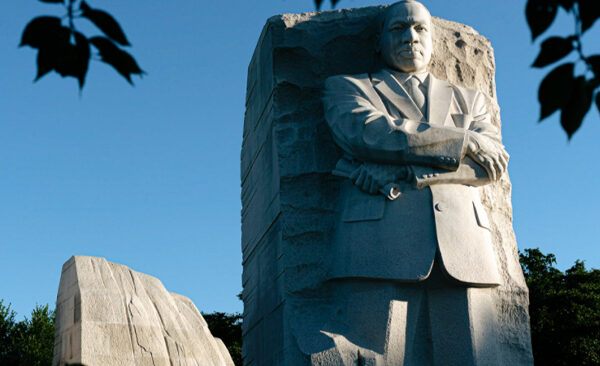How Americans Are Celebrating Black History Month

Learn how American consumers across racial and ethnic segments prepare for and celebrate Black History Month. Read on for insights curated from our 2021 Holidays and Occasions research.
Black History Month is an annual celebration of achievements by African Americans and a time for recognizing their central role in U.S. history. Also known as African American History Month, the event grew out of “Negro History Week,” the brainchild of noted historian Carter G. Woodson and other prominent African Americans. The month of February was officially recognized as Black History Month in 1976, as a part of the country’s Bicentennial celebration.
Fill out the form to view a sample from our research on consumer attitudes and behaviors around Black History Month.
Today, over three-fourths of Black Americans celebrate Black History Month, compared to one in four Americans across all racial and ethnic segments.
Most Black Americans Celebrate Black History Month
Nearly a Quarter (24%) of Hispanic and Asian Americans Also Celebrate the Heritage Month.
The most common way Americans participate in Black History Month is by supporting black-owned businesses. Overall, about one in five of Americans do this, with half of all Black Americans likely to do so. Education about Black history and culture and the challenges facing Black Americans today, is also a common way many celebrate the month especially for Black Americans. Multicultural segments overall are more likely to participate in all the methods of celebration of Black History Month than White Americans.
Supporting Black Owned Businesses and Self-Education Art the Most Popular Ways American Celebrate Black History Month
Multicultural Americans are more likely to celebrate black history month than white Americans.
In 2021, Barbie celebrated Black History Month by adding a new doll honoring Dr. Maya Angelou to their “Inspiring Women” collection. Started in 2018, the line celebrates real-life role models which includes other Black Women such as Rosa Parks and Ella Fitzgerald. Barbie also pledged “that more than 50% of future Role Models honored will be Black, indigenous, or women of color,” and has committed to supporting Black-focused non-profits.
Contact us to learn more about our Black Consumer and Holidays & Occasions research.